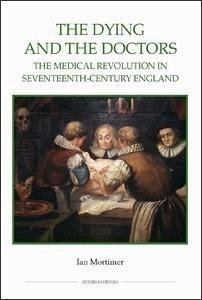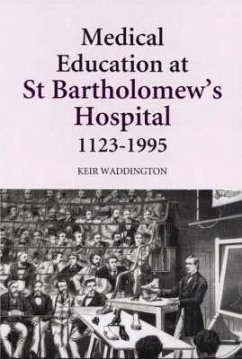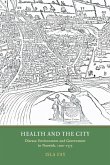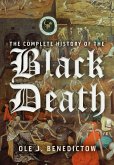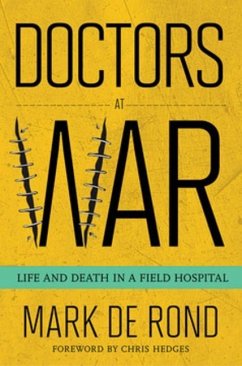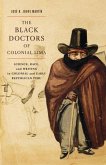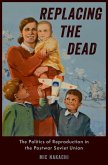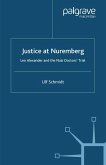A survey of the changes in medical care for those approaching death in the early modern period.
From the sixteenth century onwards, medical strategies adopted by the seriously ill and dying changed radically, decade by decade, from the Elizabethan age of astrological medicine to the emergence of the general practitioner in the early eighteenth century. It is this profound revolution, in both medical and religious terms, as whole communities' hopes for physical survival shifted from God to the doctor, that this book charts. Drawing on more than eighteen thousand probate accounts, it identifies massive increases in the consumption of medicines and medical advice by all social groups and in almost all areas. Most importantly, it examines the role of the towns in providing medical services to rural areas and hinterlands [using the diocese of Canterbury as a particular focus], and demonstrates the extending ranges of physicians', surgeons' and apothecaries' businesses. It also identifies a comparable revolution in community nursing, from its unskilled status in 1600 to a more exclusive one by 1700.
IAN MORTIMER is an independent historian and Honorary Research Fellow at the University of Exeter.
Hinweis: Dieser Artikel kann nur an eine deutsche Lieferadresse ausgeliefert werden.
From the sixteenth century onwards, medical strategies adopted by the seriously ill and dying changed radically, decade by decade, from the Elizabethan age of astrological medicine to the emergence of the general practitioner in the early eighteenth century. It is this profound revolution, in both medical and religious terms, as whole communities' hopes for physical survival shifted from God to the doctor, that this book charts. Drawing on more than eighteen thousand probate accounts, it identifies massive increases in the consumption of medicines and medical advice by all social groups and in almost all areas. Most importantly, it examines the role of the towns in providing medical services to rural areas and hinterlands [using the diocese of Canterbury as a particular focus], and demonstrates the extending ranges of physicians', surgeons' and apothecaries' businesses. It also identifies a comparable revolution in community nursing, from its unskilled status in 1600 to a more exclusive one by 1700.
IAN MORTIMER is an independent historian and Honorary Research Fellow at the University of Exeter.
Dieser Download kann aus rechtlichen Gründen nur mit Rechnungsadresse in A, D ausgeliefert werden.
Hinweis: Dieser Artikel kann nur an eine deutsche Lieferadresse ausgeliefert werden.

